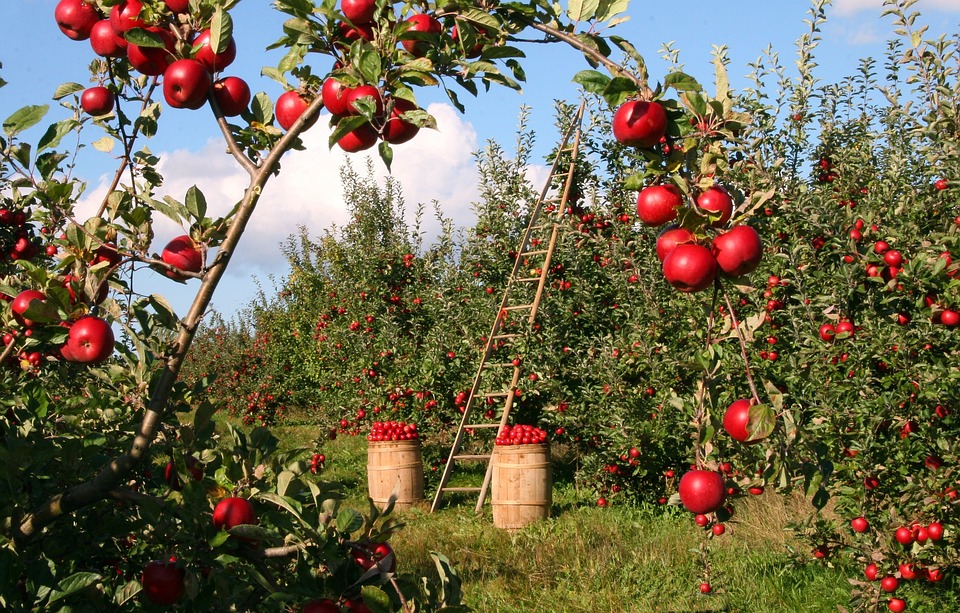
Career and Scope of Agricultural Inspectors
Agricultural inspectors play a crucial role in ensuring agricultural operations' safety, sustainability, and compliance. They are responsible for monitoring farming practices, inspecting facilities, and enforcing regulations to protect public health, food safety, animal welfare, and the environment.
Who Are Agricultural Inspectors?
Agricultural inspectors evaluate agricultural operations to verify compliance with government laws and safety standards. Their work typically involves inspecting farms, processing plants, nurseries, greenhouses, and storage facilities. They help ensure that agricultural products are safe for consumption and that farming practices align with environmental and public health regulations.
These inspectors may work for national and local government agencies, such as the Department of Agriculture or Food Safety and Standards Authorities, or in private sector roles, including quality assurance teams, agricultural consultancies, or food production companies.
Education and Qualifications
To pursue a career as an agricultural inspector, individuals typically require at least a bachelor’s degree in a related field, such as:
-
Agriculture
-
Animal science
-
Plant science
-
Food science
-
Environmental science
-
Biology
Additional certifications or licenses may sometimes be required depending on the specific inspection responsibilities. For example, positions dealing with pesticide regulations may require certification through a pesticide applicator licensing program.
Common Certifications Include:
-
Hazard Analysis and Critical Control Points (HACCP)
-
Pesticide Applicator Certification
-
Food Safety Certification
-
Animal Welfare Certification (depending on region)
Typical Duties and Responsibilities
While duties may vary based on specialization, location, and type of agricultural facility, typical responsibilities include:
-
Inspecting agricultural operations to ensure compliance with health, safety, and environmental regulations.
-
Conducting food safety assessments of production sites and processing plants to verify hygiene and sanitation practices.
-
Monitoring chemical use, including pesticides and fertilizers, ensuring proper application, storage, and disposal.
-
Investigating complaints related to food safety, environmental impact, or animal welfare issues.
-
Enforcing local and national agricultural regulations and preparing detailed inspection reports.
-
Educating and training farmers and agribusiness staff on regulatory requirements, safe practices, and compliance procedures.
Work Environment
Agricultural inspectors often work in diverse environments:
-
On-site inspections at farms, greenhouses, livestock facilities, and food processing units.
-
Office settings for documentation and report writing.
-
Laboratories for analyzing soil, water, and food samples.
-
Field travel is often necessary to cover multiple locations or remote areas.
Scope and Areas of Specialization
The career path for agricultural inspectors can be broad, with opportunities to specialize in specific sectors:
1. Food Safety
Inspectors in this area examine food production and processing sites to ensure compliance with hygiene standards and prevent contamination. They verify proper handling, packaging, labeling, and storage of food items.
2. Environmental Protection
These inspectors monitor farming practices to ensure the responsible use of fertilizers, pesticides, and waste disposal methods. Their role supports sustainability and environmental conservation efforts.
3. Animal Health and Welfare
Professionals in this field inspect livestock facilities to ensure animals are raised humanely and that practices align with veterinary health standards.
4. Plant Health and Biosecurity
This specialization involves inspecting crops, nurseries, and greenhouses for pests, diseases, and compliance with biosecurity protocols. Inspectors may also monitor imported or exported plants and seeds to prevent invasive species.
5. Education and Outreach
Some agricultural inspectors take on an advisory role by conducting training sessions, workshops, or on-site demonstrations to help farmers adopt best practices and maintain compliance.
Career Outlook and Opportunities
According to government labor statistics (e.g., the U.S. Bureau of Labor Statistics), the demand for agricultural inspectors remains steady. This demand is driven by growing attention to food safety, environmental compliance, and sustainable farming. Agriculture is a regulated and subsidized industry in many countries, meaning consistent oversight is essential.
Potential employers include:
-
Government regulatory bodies (e.g., USDA, EPA, national food authorities)
-
Food processing and packaging companies
-
Agricultural cooperatives
-
Export/import inspection agencies
-
Environmental and animal welfare NGOs
Skills and Competencies Needed
Successful agricultural inspectors typically possess:
-
Strong attention to detail
-
In-depth knowledge of agriculture, biology, or food science
-
Familiarity with regulatory frameworks and compliance standards
-
Good communication and report-writing skills
-
Ability to educate and train agricultural workers
-
Physical fitness for field inspections in varied weather conditions


